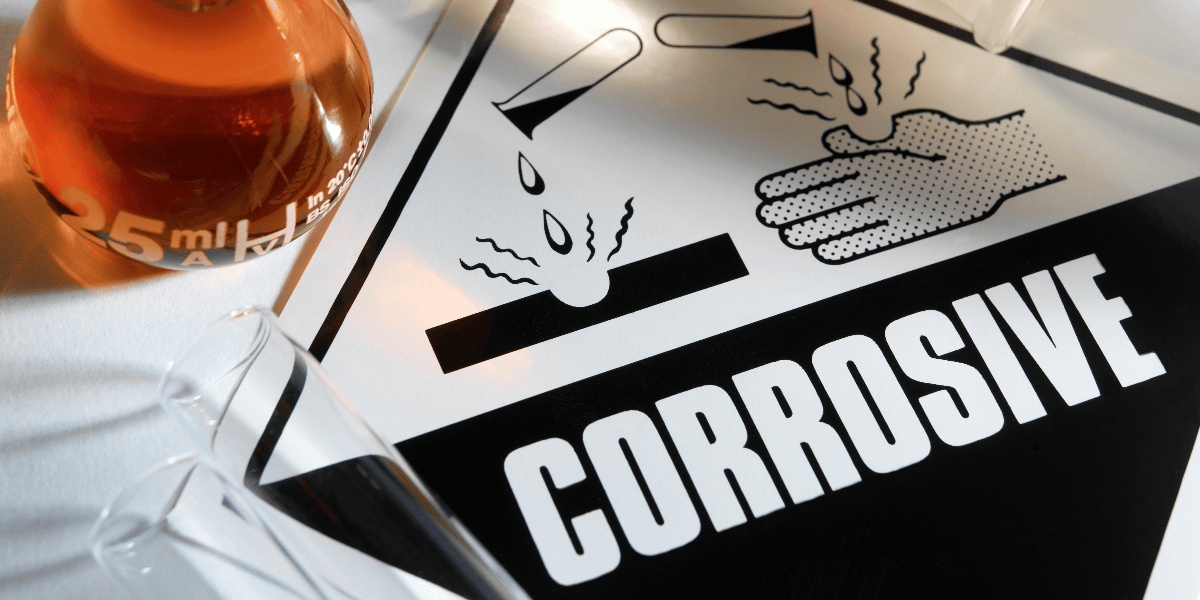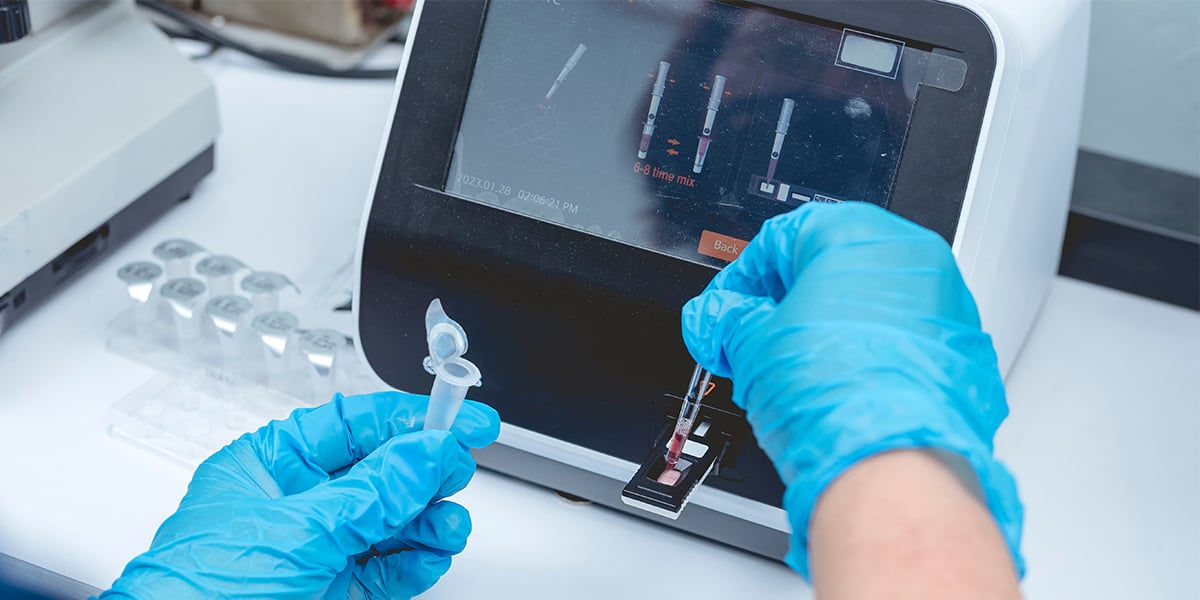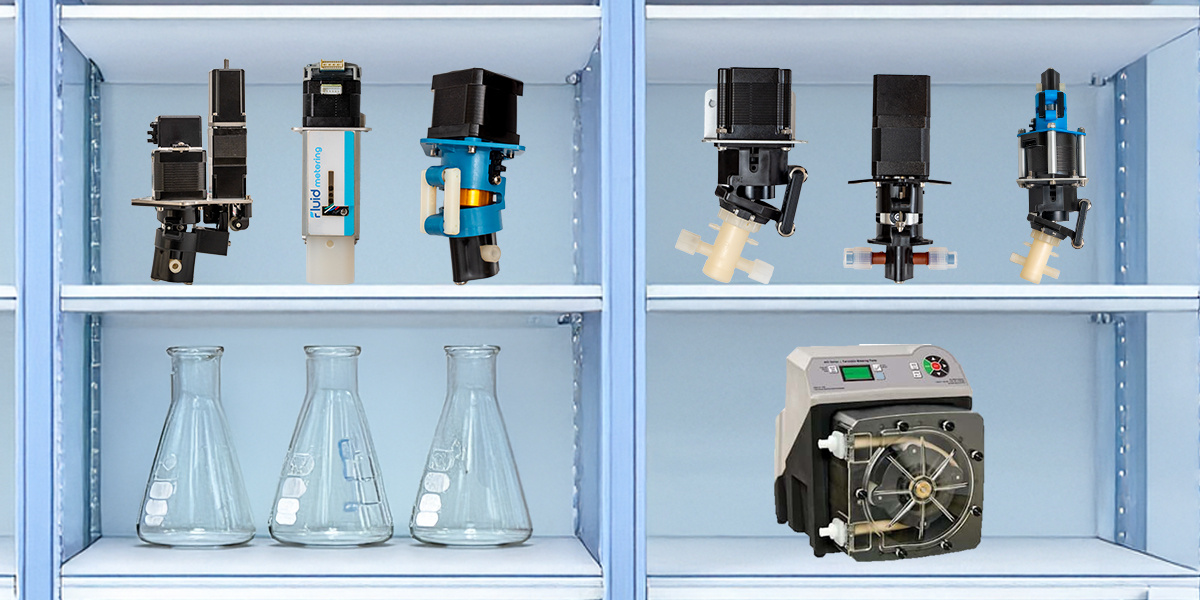1 min read
Understanding Immunoassay & Clinical Chemistry Analyzers
Key Takeaways: Clinical chemistry and immunoassay analyzers require microliter-level precision, fast fluid handling, and contamination...
2 min read
Stephanie Moreau : Updated on July 22, 2025

In the world of industrial applications, handling corrosive chemicals is a common challenge that demands careful consideration and the right equipment. Whether you're in chemical manufacturing, wastewater treatment, or any other industry where corrosive substances are part of the daily routine, the choice of a pump is crucial. In this blog, we'll explore the reasons why you might need a pump that can handle corrosive chemicals and how to select the right one for your specific needs.
Understanding the Challenge:
Corrosive chemicals pose a unique set of challenges for equipment, and pumps are no exception. These substances have the potential to eat away at materials, causing damage and reducing the lifespan of conventional pumps. The corrosive nature of these chemicals necessitates the use of specialized pumps designed to withstand the harsh conditions they create.
Key Considerations:
Selecting a pump that can handle corrosive chemicals is a critical decision that directly impacts the efficiency, safety, and longevity of your operations. By understanding the specific challenges posed by corrosive substances and carefully considering factors such as chemical compatibility, material selection, pump type, and maintenance requirements, you can make an informed decision that ensures the smooth and reliable handling of corrosive chemicals in your industrial processes.
At Fluid Metering, we have many pumping options for corrosive chemicals. Our team of engineers are available to help you determine the correct chemically compatible pump for your application and can help take the guesswork out of even the most complex project.

1 min read
Key Takeaways: Clinical chemistry and immunoassay analyzers require microliter-level precision, fast fluid handling, and contamination...

Designing and building a scalable, dependable, and accurate Clinical Chemistry Analyzer all begins with selecting the right components, including the...

1 min read
Key Takeaways: For precision piston pumps vs. peristaltic pumps, Fluid Metering’s valveless designs deliver superior accuracy, high-pressure...